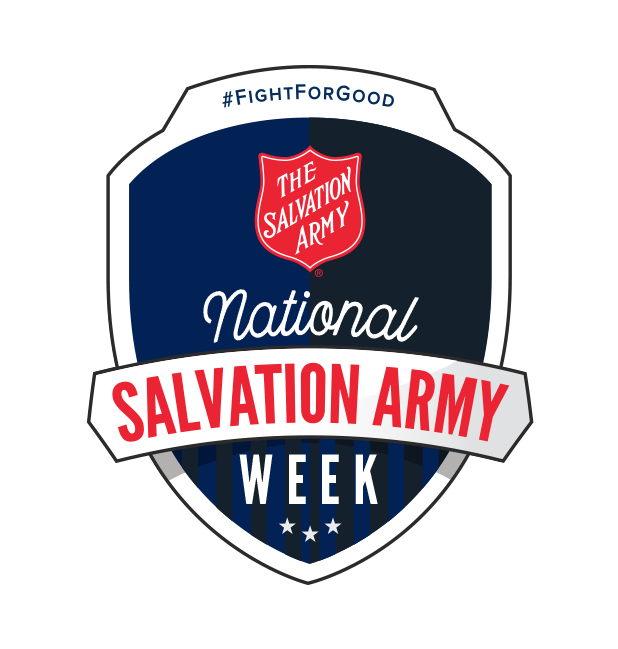Events

National Salvation Army Week (May 9-15, 2022) is fast approaching. This week is set aside to remind or inform the country of the comprehensive nature of the services we provide to help people in need in your community. These are your neighbors — your brothers and sisters.
National Salvation Army Week was declared by President Dwight D. Eisenhower in 1954, and since then it has served as an annual reminder of the vast scope of our services and ways you can help.
National Salvation Army Week Has Been Around Since 1954
In 1954, the week of November 28-December 4 (now recognized in May) was declared by the United States Congress and proclaimed by President Dwight D. Eisenhower to be the first National Salvation Army Week, as a reminder to Americans to give freely of themselves. In his speech, President Eisenhower said:
“Among Americans, The Salvation Army has long been a symbol of wholehearted dedication to the cause of human brotherhood. In time of war, the men and women of this organization have brought to those serving their country far from home, friendliness and warm concern. In the quieter days of peace, their work has been a constant reminder to us all that each of us is neighbor and kin to all Americans. Giving freely of themselves, the men and women of The Salvation Army have won the respect of us all.”
In the nearly 70 years since, we have continued to do the most good for local communities and broadened our services to those that couldn’t be conceived in ’54.
The Need in America
According to the U.S. Census Bureau, more than 40 million Americans live in poverty, and millions more live near the poverty line. Approximately half of Americans live paycheck to paycheck, and one-third of adults between 18 and 64 live in low-income households. And after two years of hardship due to the COVID pandemic, the need is greater than it has ever been.
The Salvation Army operates thirteen centers in communities like yours across the metro Detroit, each of which collects high-quality data on a wide variety of poverty-related social services.
